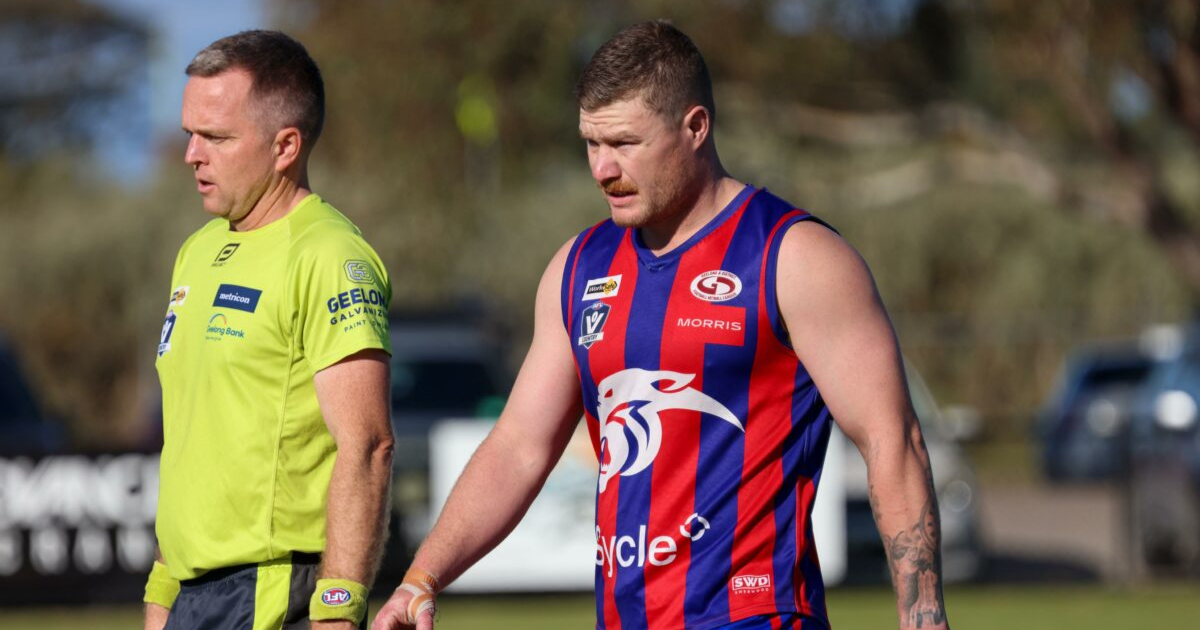Forum sparks open conversation on women’s health

The forum, held last month in Armstrong Creek, brought together a group of passionate healthcare professionals to discuss endometriosis, pelvic pain, cervical cancer, menopause and more. Photos: SUPPLIED
CORANGAMITE federal member Libby Coker brought together a group of passionate healthcare professionals last month for a discussion about the key health issues now facing women.
Her guests, which included Associate Professor Misha Coleman from the Australian Centre for the Prevention of Cervical Cancer, Natalie Anderson from Bellarine Pelvic Health and Dr Caitlyn Pring from Kardinia Health’s Endometriosis and Pelvic Pain Clinic, spoke on a variety of topics and put forward ideas for how women’s access to vitally important healthcare services can be improved.
Held at the newly opened Biyal-a Armstrong Creek Library, the free forum also provided the community with the opportunity to ask questions and share their own stories.
Assistant Minister for Health and Aged Care Ged Kearney was also in attendance.

“We had so many questions from the audience, from how best to communicate with your GP to what are the best options for cervical cancer treatment,” Ms Coker said.
“It’s really concerning that so many women have their health concerns dismissed and too often we hear about women with endometriosis or cysts on their ovaries being misdiagnosed with digestive issues.”
Bellarine Pelvic Health director Natalie Anderson said it was a privilege to be a part of the event.
“We had some incredible women who had the courage to stand up and share their stories of being dismissed, and the adversity they have faced when trying to navigate our healthcare system.
“I was inspired by their bravery and courage…and so pleased that Libby and her team were able to provide an environment where they felt safe to do so.
“I truly believe we are taking some crucial steps forward in improving the way we deliver healthcare to the women of our community.”

Located in Ocean Grove, Ms Anderson’s clinic provides speciality physiotherapy services for women at all stages of life, from pregnancy and birth recovery to the symptoms associated with menopause and beyond.
Providing support and management for conditions that can be hard to talk about, like bladder leakage, prolapse and sexual dysfunction, is a key purpose of the clinic, and its physiotherapists have undertaken speciality training to assist those experiencing the debilitating symptoms often associated with pelvic pain conditions.
Ms Anderson said many stories of hardship within the healthcare system are underpinned by a lack of validation, and forums like this provide an opportunity for those experiences to be heard.
“The health of women, and understanding of the female body, is currently portrayed as this unique, speciality sub-set of healthcare.
“Health professionals who have knowledge in this area are often difficult to find and services can be expensive, but over half of our population is presumed female at birth.
“We need a healthcare system that supports this”.

To better navigate some of these challenges, she encouraged women to come prepared to appointments with written questions, normalise their experiences by speaking about their health with their support networks, and to keep seeking the information they need.
“Become the boss of your body,” she said.
“It is OK to keep looking until you find the right healthcare professional for your individual needs.”
Ms Coker said she was proud that the Albanese government is taking women’s health issues seriously.
“We’re working to change the dismissive culture women often face in healthcare, and it’s fantastic that we have an assistant Minister for Health who brings on-the-ground experience to the role as a former nurse.”
To learn more about Bellarine Pelvic Health, head to bellarinepelvichealth.com.au

















